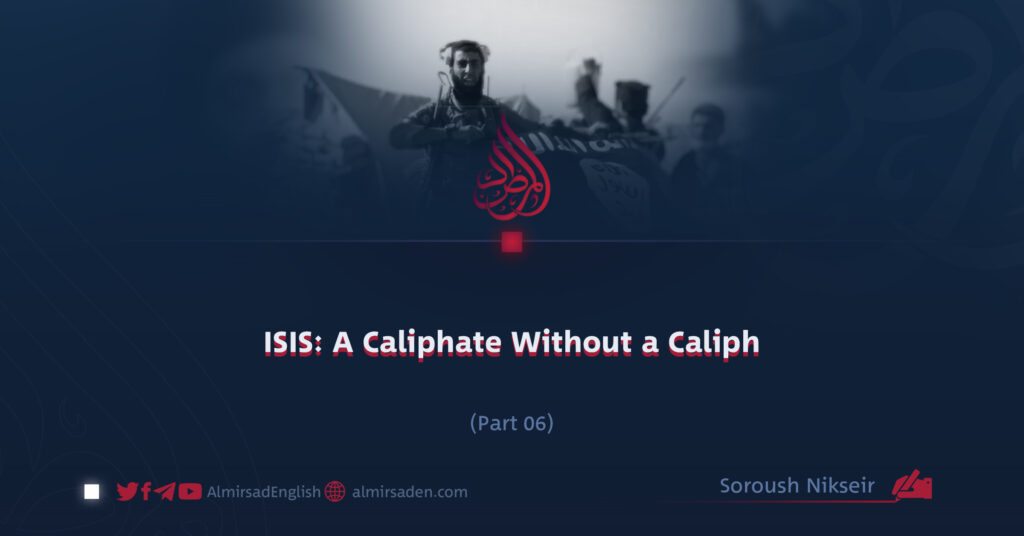Part 6
Soroush Nikseir
The Betrayal of Allies: Yesterday’s Friends, Today’s Enemies
At the height of its power, the extremist organization ISIS was propped up by a network of regional and international allies who functioned like the supporting poles of a tent. These backers provided safe passage, ideological cover, and critical financial support that fortified the group’s rapid expansion. However, as ISIS began to reveal its true character, marked by unchecked brutality and indiscriminate violence, those same supports quickly collapsed.
The states that once served as lifelines started to shut their doors, one after another. This abrupt withdrawal of support inflicted a far more devastating blow on ISIS than any conventional military campaign could have achieved.
Turkey, the most vital corridor for the movement of fighters and supplies, played a notably ambivalent role. Between 2014 and 2016, Turkish borders remained porous, allowing thousands of foreign militants to cross into Syria. Turkish hospitals reportedly treated wounded ISIS combatants. However, as ISIS began launching attacks in Turkish cities like Istanbul and Ankara, and under growing pressure from the West, the Erdoğan government pivoted sharply. Borders were closed, and Turkish military operations in northern Syria severed ISIS’s key supply lines.
Qatar, another major player, had maintained financial links with ISIS through an opaque web of transactions and banking networks. But as international scrutiny intensified, Doha was forced to recalibrate. Qatari banks that had discreetly funneled millions into ISIS-controlled accounts abruptly cut ties. This sudden financial chokehold triggered a crisis within ISIS, eroding the economic foundation that had fueled its rise.
The consequences were immediate and severe. Salaries for foreign fighters, once paid regularly and generously, were delayed for months, sometimes up to half a year. This led to mass desertions, especially among recruits lured by financial incentives rather than genuine ideological conviction. With no creed to anchor them and no money to sustain them, many simply fled, unwilling to endure the collapse of what they now saw as a failing enterprise.
Saudi Arabia’s position was perhaps the most nuanced. Initially cautious, Riyadh gradually distanced itself from ISIS as the group’s regional ambitions began to challenge Saudi influence in Iraq and Syria. Eventually, Saudi Arabia officially designated ISIS a terrorist organization. This move sent ideological tremors through the group’s ranks, especially after prominent Saudi clerics issued religious edicts (fatwas) denouncing the group’s actions.
Meanwhile, the United States and its Western allies, who had initially adopted a posture of controlled containment, took decisive action once ISIS crossed strategic red lines. The formation of an international coalition and the launch of a relentless airstrike campaign marked the beginning of ISIS’s unraveling. Many analysts argue that had this wave of defections and policy shifts not occurred in concert, the group could have prolonged its dominance for years.
In the end, ISIS proved to be a pawn in a much larger geopolitical contest, an expendable instrument in the hands of more powerful actors. Once the group became uncontrollable, it was quickly discarded. Its collapse serves as a stark warning to any movement that seeks to manipulate global powers for its own ends. In the world of realpolitik, alliances are neither permanent nor principled. They are always conditional, transactional, and ultimately disposable.
